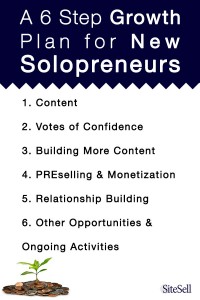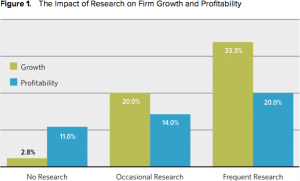
The sports writing opportunities on the Addicted to Adaptive blog are few and far between, but I’ve had this NCAA basketball tournament circled on my blogging calendar for quite some time. Not since Tom Peff asked finance departments to choose a World Cup team that best represented their own professional style has a sporting event lent itself so perfectly to the finance world. Breaking down the numbers, looking at the most important analytics, and using performance data to predict winners. It’s too perfect.
Unfortunately I did none of the above when picking teams. As Stephen Dubner would say, I failed to put away my moral compass and put on my objectivity hat. The result?
March turned my bracket into madness before I even finished my morning coffee on Day 1 of the tournament. And as of today I sit in last place within our office pool, regrettably behind even our official Adaptive Insights Fantasy Football Commissioner.
Yes, mine is a cautionary tale. Three major flaws busted my bracket long before N.C. State slayed Villanova in the round of 32 (some would say there were more than three), all of which made me realize I’m not quite ready to be a CFO.
1. I didn’t take trusted advice.
Letting radio pundits convince me that the Pac-12 conference was having a down year, I went against the expert advice in my own house (my wife works at the Pac-12 television network) and picked against the entire conference: Arizona, Oregon, UCLA, and Utah. At the end of two rounds my bracket looked as foolish as the talking heads that convinced me that the Pac-12 was soft (and resulted in this defeated tweet).
The Pac-12 is 7-1 through two rounds of the tourney so far, including two upset wins. Had I taken the advice that was literally sitting next to me at home (UCLA forward Kevon Looney has the most double-doubles of any freshman in the country, who knew?!), I would have had information that may have saved my bracket.
The best CFOs understand that being in charge doesn’t mean being above taking advice. It means listening to experts among your own team, analyzing the data, and then using that analysis to help decisions-makers make the best decision for the future of the organization.
2. I didn’t leave enough time for analysis.
Tomorrow was always the day I would start to gather all the data I needed to make informed picks. Eventually tomorrow became the eve of the tournament, and that become the morning of. I dove into my first bit of data just two hours before tip-off and quickly started picking winners (or losers) as if they were lottery numbers.
True CFOs know that gathering numbers is useless if you don’t have time for analysis. That need to spend less time gathering data and more time understanding and building trust in the numbers is one of the biggest reasons why roughly half of recently surveyed CFOs said they would consider trading Excel for a cloud-based solution. It also leads to my final flaw.
3. I didn’t trust the numbers.
Who cares if San Diego St. is a higher seed than St. John’s? I’m pretty sure St. John’s is always good at basketball.
Utah hasn’t even been in the tournament since 2009. They’re going to beat GEORGETOWN?! The home of Ewing & Iverson?! I grew up watching those guys! It doesn’t matter if Utah is 11th in the nation in 3-point field goal percentage and Georgetown is 36th. Georgetown simply WILL NOT lose to Utah — just not happening.
Notre Dame is in the top 20 in the country in field goal percentage, and Butler is 140th? Everyone will pick Notre Dame, so I’ll take Butler with the upset and steal some points!
CFOs know that numbers never (rarely) lie. They understand that while past performance is valuable in predicting future outcomes, it shouldn’t be the lone decision-making factor. It takes discipline to listen to what the numbers say when the truth goes against your pre-determined assumptions, but CFOs know that their businesses will be better for it.
So I’ve come to terms with the idea that I’m not ready to be a CFO. I suppose the glitz and glamour of being a social media semi-celebrity within the B2B technology space has its perks too. But as true finance leaders, most of you know better than to make such rookie mistakes. And because of that, unlike my bracket, your businesses won’t be busted.
(250)
Report Post




